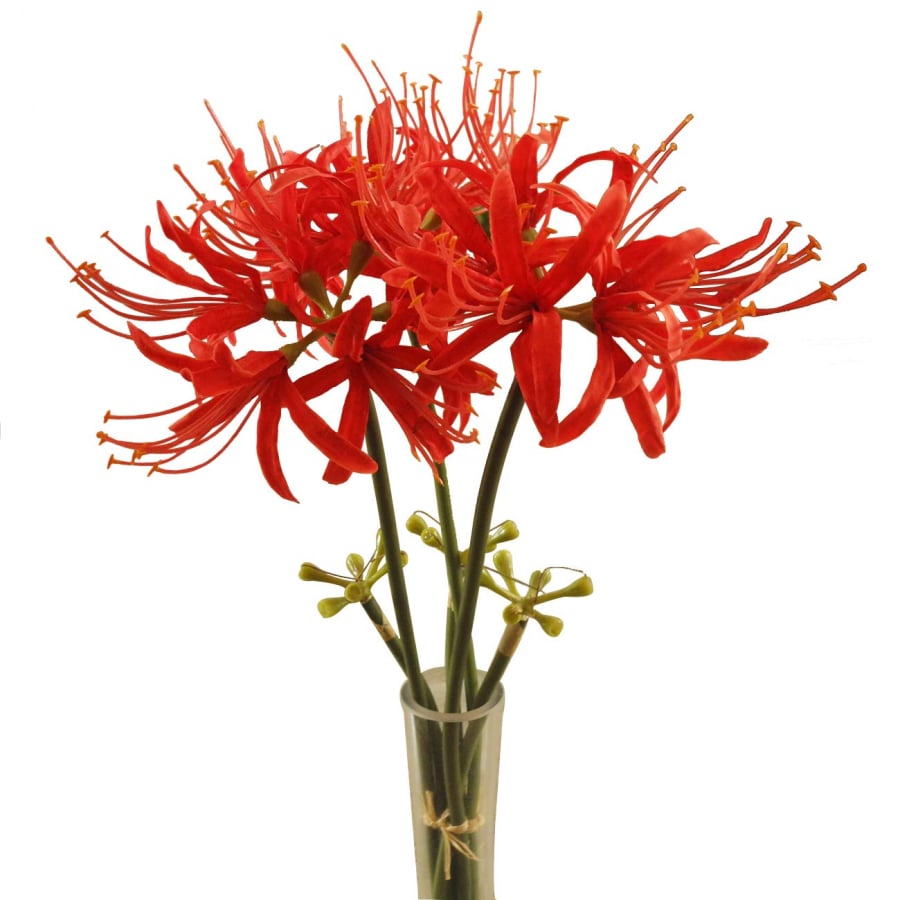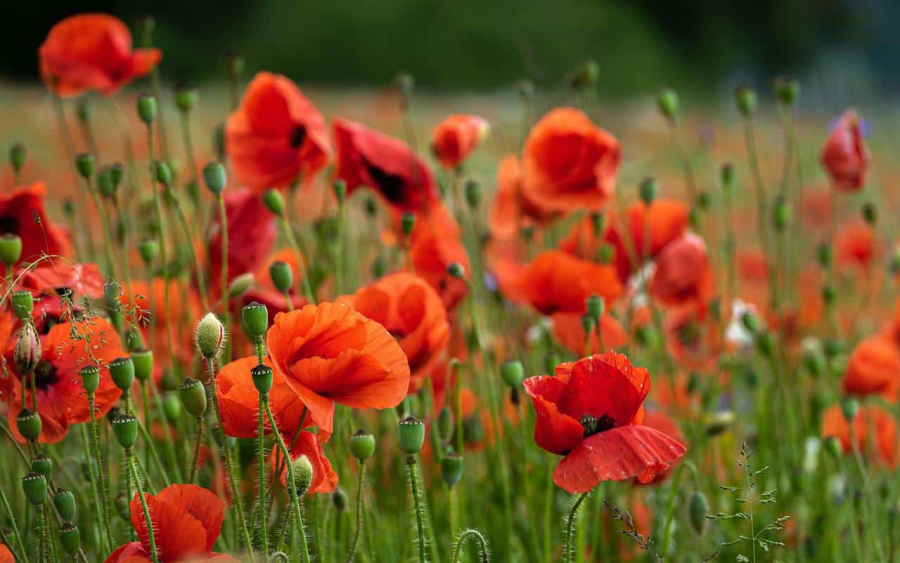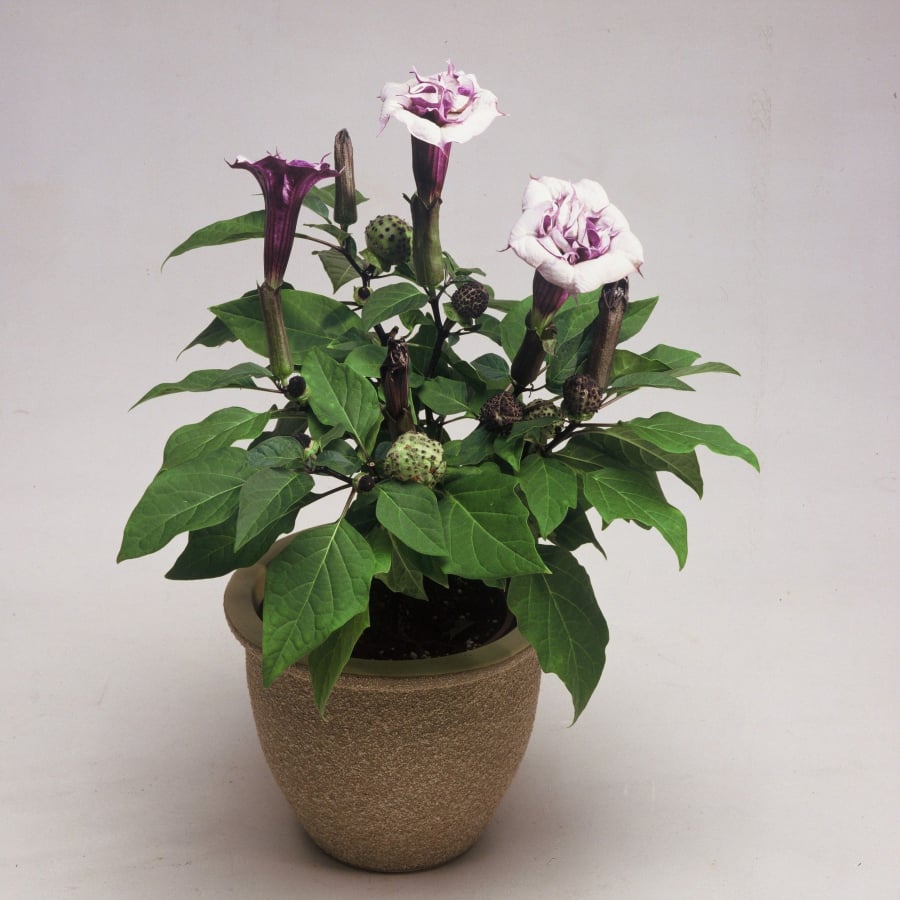In addition to auspicious plants in feng shui such as money trees, lucky bamboo, and peace lilies, many people also enjoy planting flowers in their garden to create a vibrant, energetic, and positive living space.
However, there are several types of flowers that bring hidden dangers, often referred to as “ghost-calling flowers,” and you should avoid planting them in your home to prevent inviting misfortune.
Spider lilies
With their vibrant red color, elegance, and representation of autumn in Japan, spider lilies often grow in clusters and create a beautiful “small field.” In Japanese, spider lilies are called “higanbana,” where “higan” refers to the otherworldly realm, symbolizing the world of the deceased. Meanwhile, “0-higan” refers to the day of remembrance and visiting ancestors’ graves. Perhaps that’s why spider lilies symbolize the “beauty of death” in East Asian culture.

It is believed that spider lilies guide souls to the afterlife, hence their reputation as “ghost-calling flowers.” Many people believe that planting spider lilies in their garden can have serious effects on the destiny of the homeowner and other family members. They not only attract demons and bad luck but also push away good fortune and auspiciousness.
Spider lilies also contain a toxin called lycorine, which can cause diarrhea and nausea. Therefore, it is advisable not to be captivated by the beauty of this flower and randomly plant it in your garden.
Poppies
Besides being called poppies, this type of flower is also known as “opium” or “datura.” At first glance, poppies appear beautiful and attractive, similar to tulips. However, in reality, they are the raw material used to produce opium, which induces an altered state of consciousness.
Although poppies can become a medicinal herb with many beneficial effects if used correctly, they are currently prohibited from cultivation.

Jimsonweed
Jimsonweed, also known as “thorn apple,” is a lesser-known flower. Despite its eye-catching appearance, every part of this flower contains toxins, particularly the roots, fruits, and leaves. If accidentally ingested, jimsonweed can cause severe symptoms of poisoning such as hallucinations, heart rhythm disturbances, and sometimes even hallucinations.

































